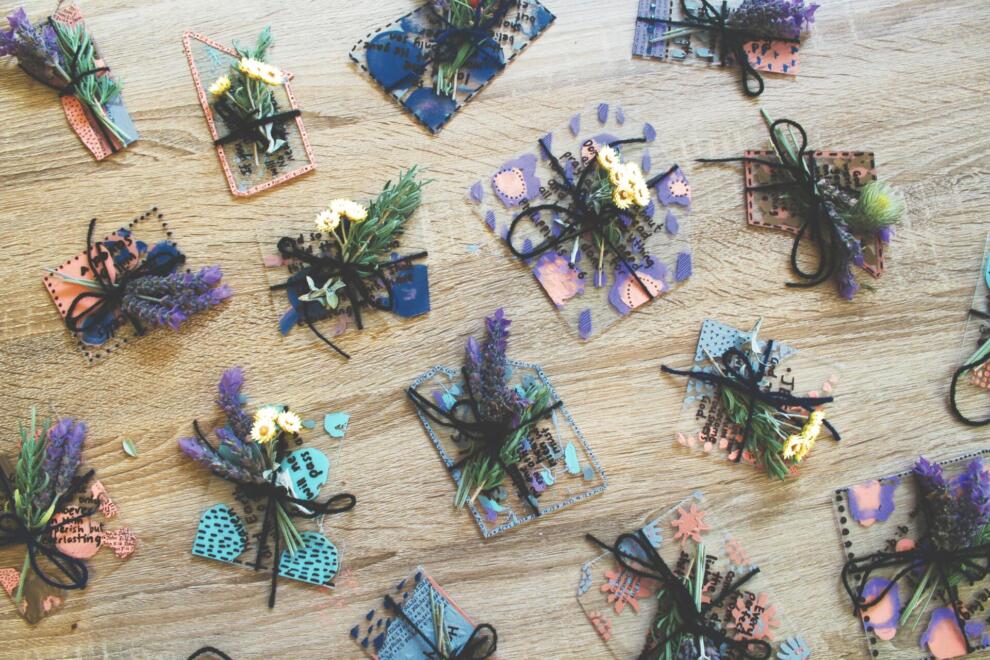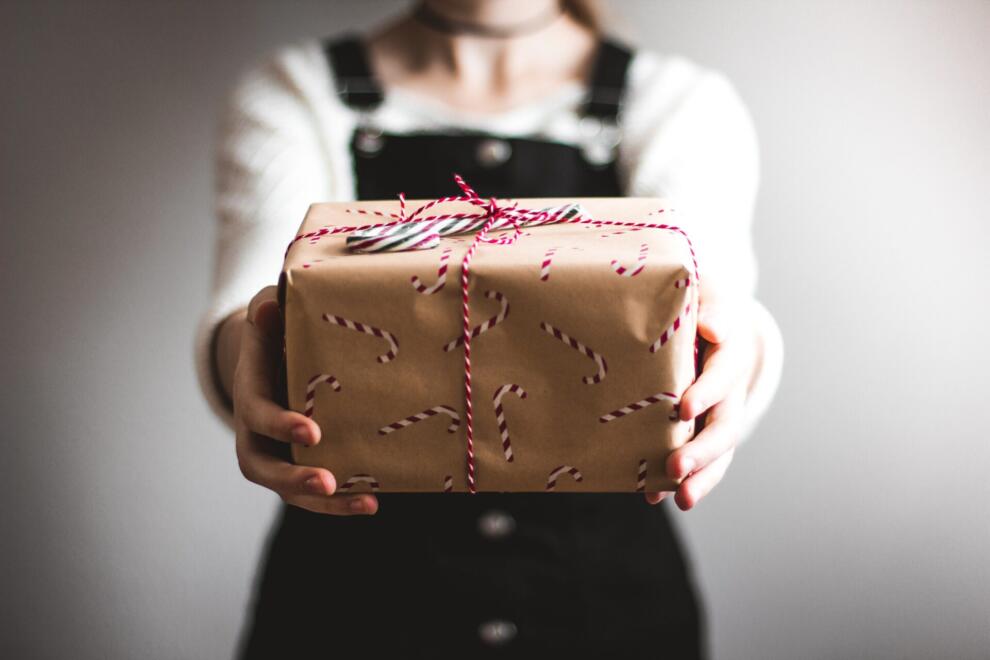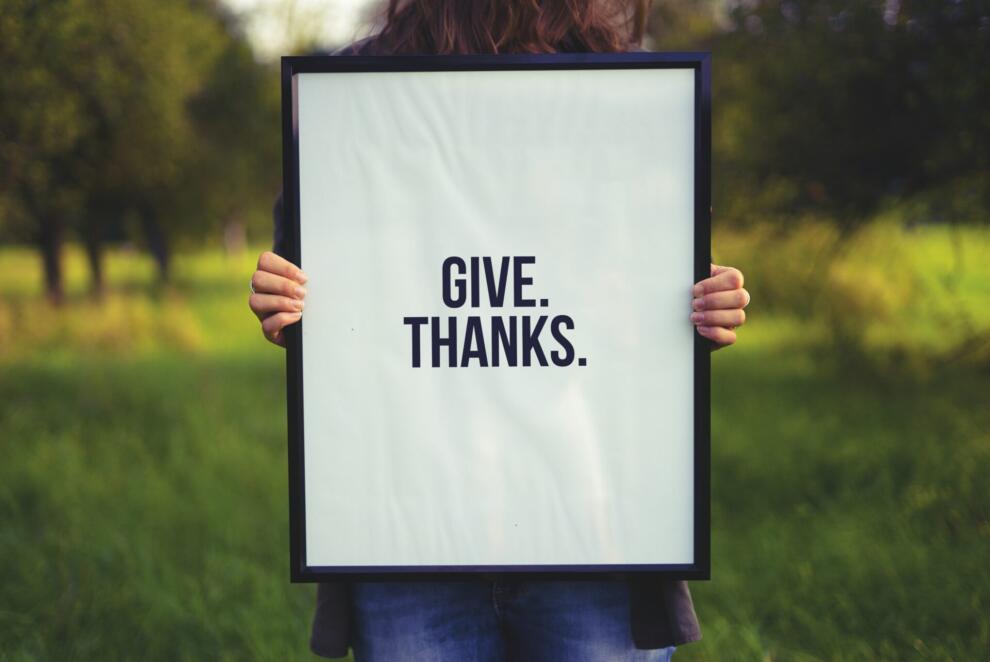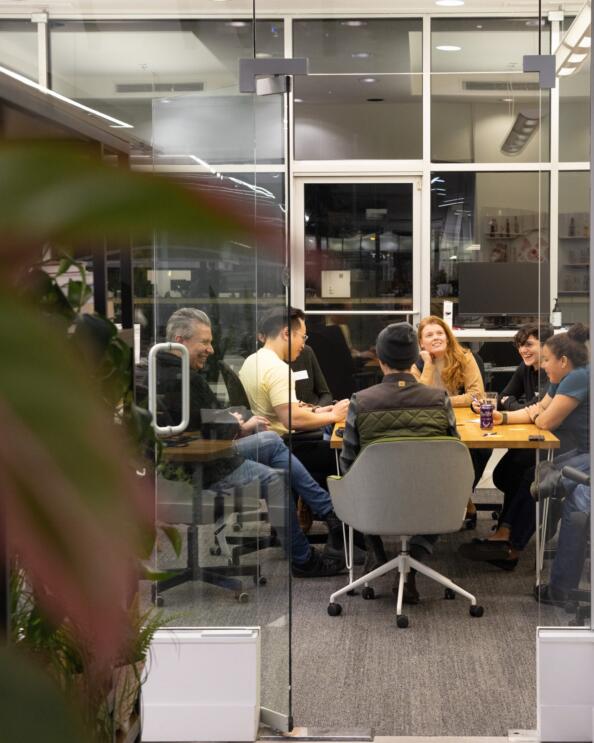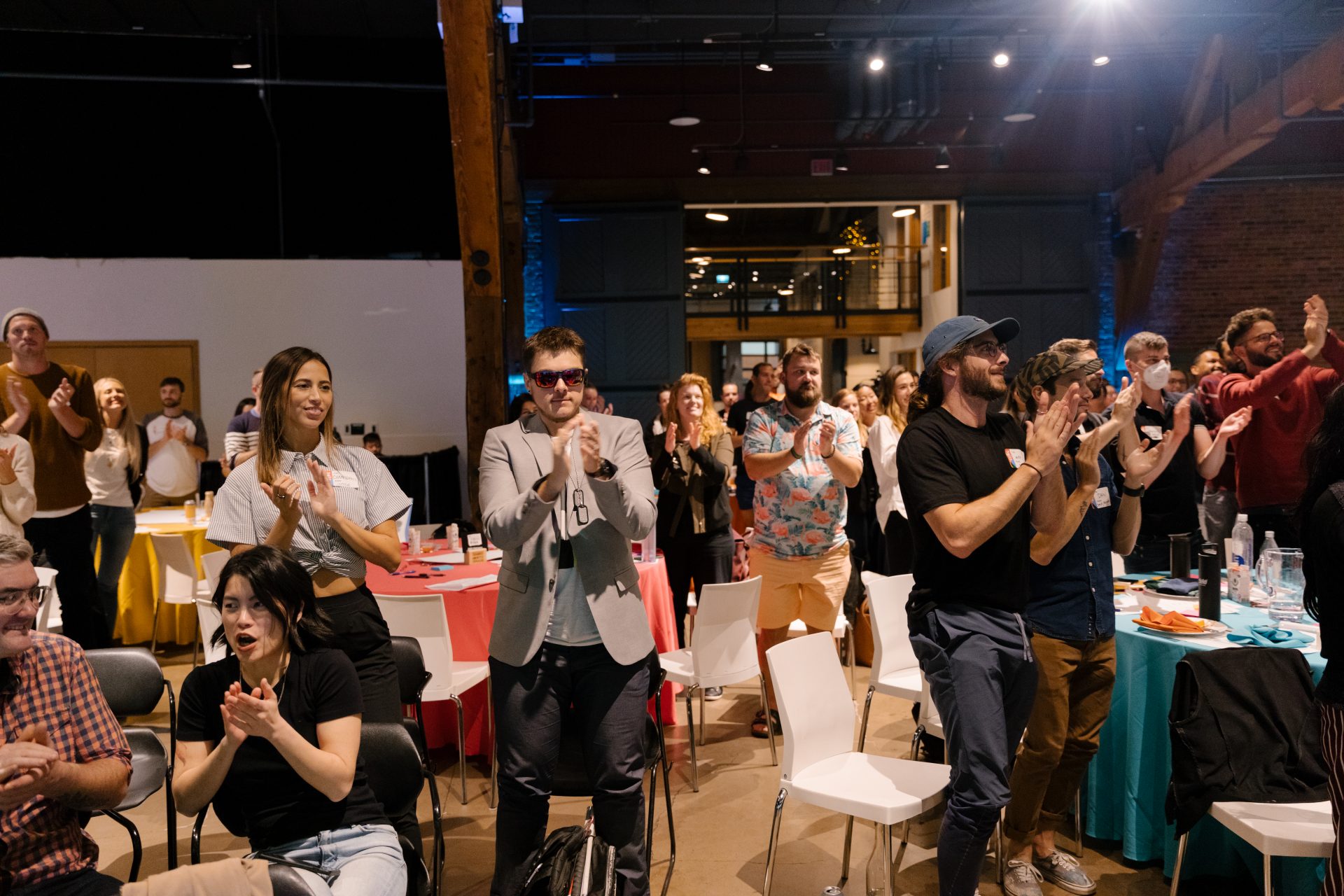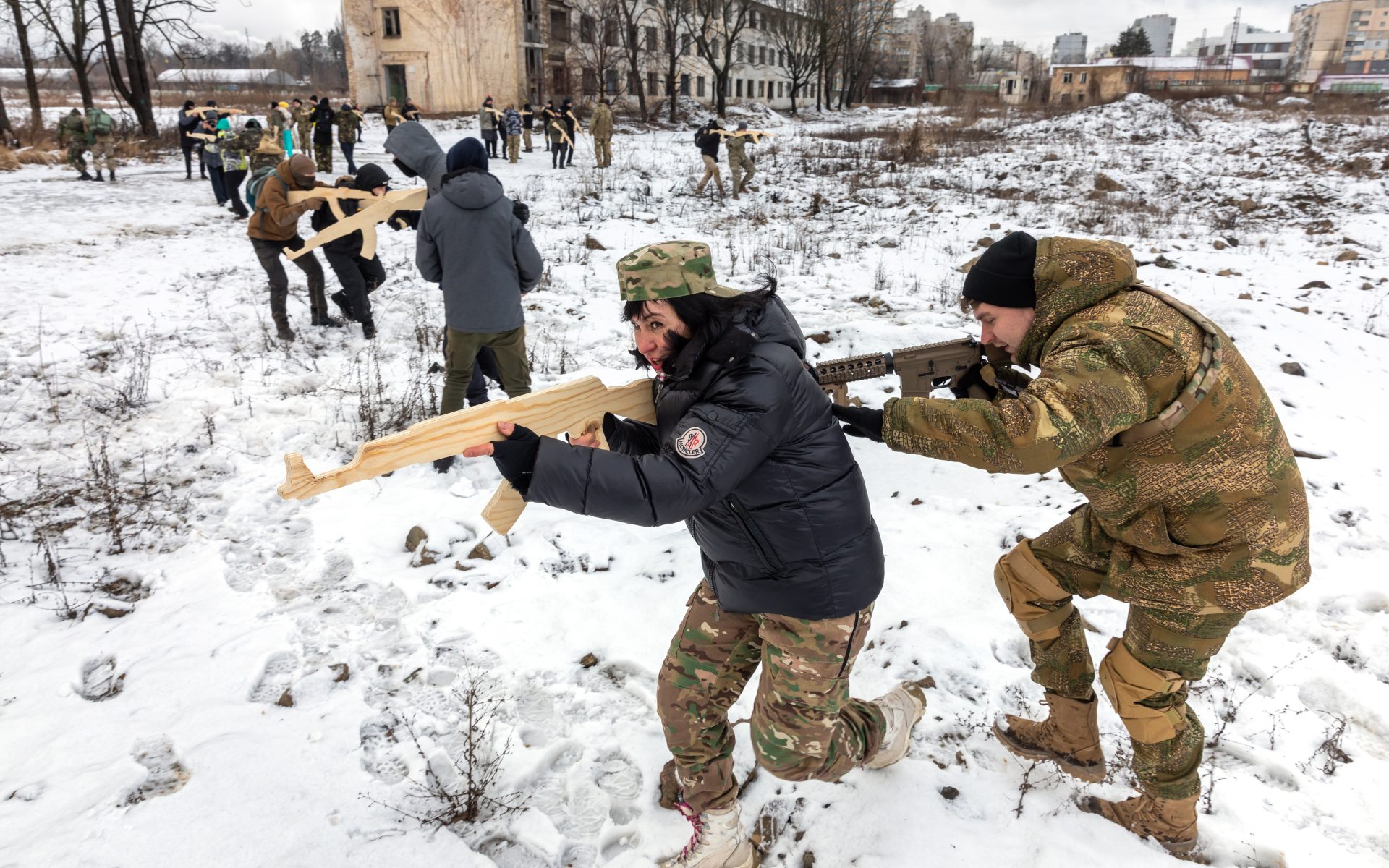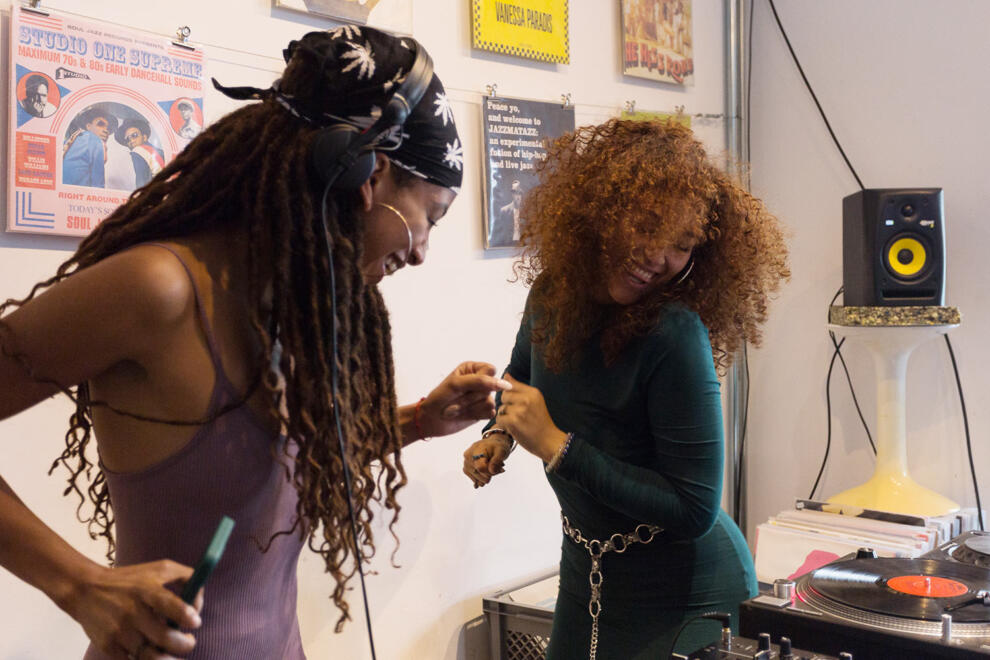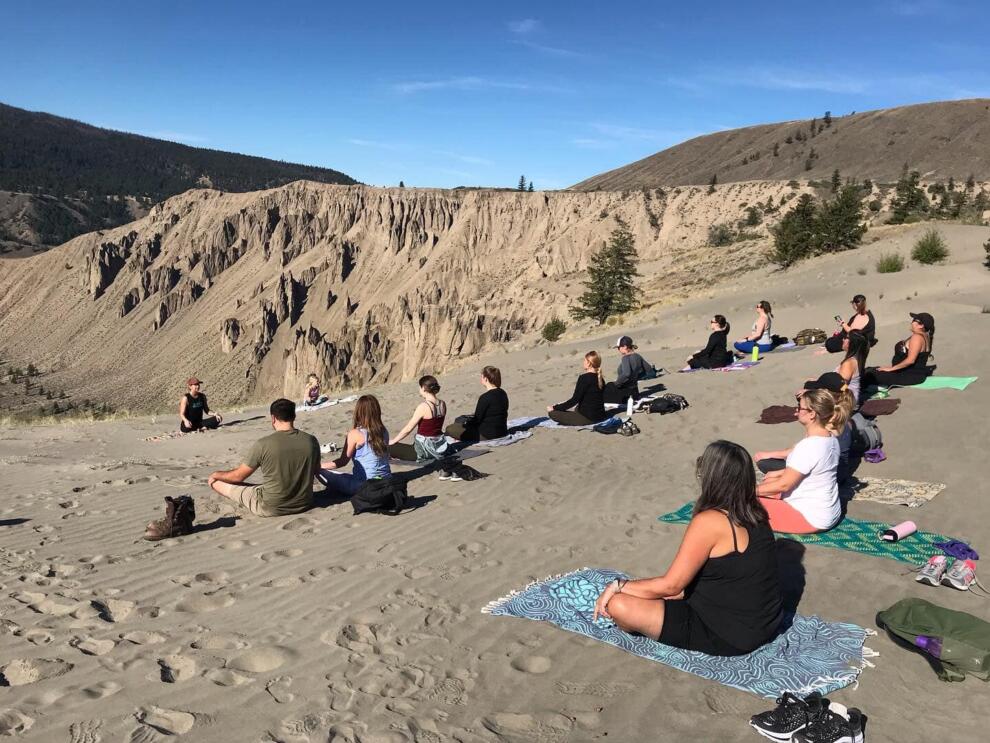Surveillance, Resistance and Black Organizing in 2020
Photography by Vashon Jordan Jr.
Murder is streaming live in the palms of our hands. The lands and cities are burning. This has been a summer of protest, pandemic and pollution. It’s hard to breathe when you’re being choked by smoke, COVID-19 or the police.
DURING A PANDEMIC, BLACK PEOPLE ARE REQUIRED TO PERFORM A WARPED CALCULATION: protesting, with the risks of further police violence and COVID-19, on the one hand; or staying home to reduce the risk of bringing the virus into their communities while spurning (or appearing to ignore) the need for mass mobilization to demand justice, on the other hand. Essential workers — grocery clerks, healthcare workers and others performing jobs society relies on — may find it difficult to choose either option.
For those who can head to the streets in protest or speak out online, there’s yet another looming threat and its impacts are hard to escape.
Thank you for reading this preview.
Read the full article in Issue 01.
Order RIPPLE OF CHANGE magazine today and receive a premium quality, sustainability printed, full-colour magazine that will look great on your coffee table and keep you inspired to make change.
Not a print person? Our digital subscription offers the same quality in digital format, accessible on any computer or mobile device.
Order your copy of Issue 01 today!

Daniella Barreto
Contributor (she/her)
Daniella Barreto is a Black, queer immigrant from Zimbabwe to unceded Musqueam, Squamish, and Tsleil-Waututh territory, also known as Vancouver, BC. She has a background in epidemiology and public health and is concerned with the intersections of surveillance, technology, white supremacy, and policing. She’s a former organizer with Black Lives Matter–Vancouver and Jeanne Sauvé Public Leadership Fellow. In her spare time, she likes to cycle with the Bike Panthers cycling club.

